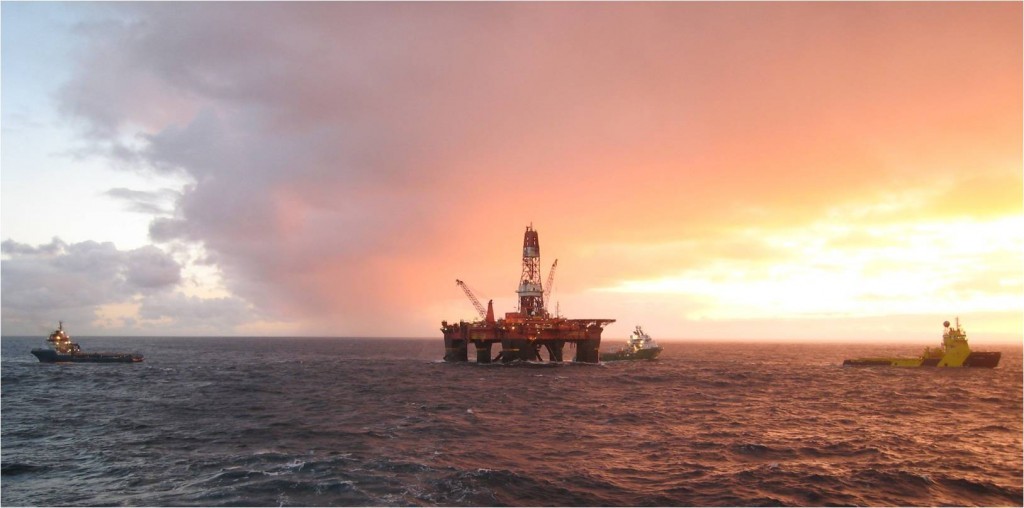
The word which screams at me when reading the responses to the Energy 2050: Securing our future’s research on technology is “opportunity”! The concept is one thing. Exploiting it is another.
With most survey responders holding the view that the current supply / demand imbalance is set to continue in the medium term, and as a consequence the oil price will remain in the $60 – $100 per barrel range, reducing the costs of recovery, particularly in the North Sea basin, will remain the principal focus.
The survey responses are generally supportive of innovative technology having a role to play in cost reduction, but clearly there is a concern, which would seem to have some basis in fact, that this could be undermined by cuts to R&D budgets. A soft target for the corporate cost cutters. However there is a huge consensus that a decrease in R&D investment over the next five years will be significantly detrimental to the industry.
In this context, what does innovation actually mean? It certainly can’t be innovation for its own sake. Innovation against the current backdrop has to be relevant and have practical application. It has to save money.
For instance, innovation must direct the industry to look at ways in which it can standardise. Solutions have become overly bespoke and as a result too costly. An innovative approach to identifying common solutions to common problems is needed. This can be done without compromising performance or safety.
Similarly, innovation can be used to simplify overly complex processes and working practices. Again, performance or safety need not be compromised. Colin Chapman, the founder of Lotus Cars, used to design his cars and then “add lightness”. Innovators need to think not just about what can be added on, but also what can be taken away and made simpler.
The reduction in R&D spend by E&P companies and the survey responses around the reluctance to invest in new technology and the difficulties technology companies will have in accessing capital are both predictable and understandable. At this stage of the cycle it is unlikely that external debt and equity funders will have either the appetite or ability to support early stage technology investments. The investment will have to come from within the sector with the E&P companies taking the lead in both funding, and more critically, adopting new technology.
Collaboration must be the key to this. Much talked about, but still not evident in practice yet.
Working together, operators and service companies can eliminate unnecessary practices and processes and find simpler methods of achieving the same technical outcomes. This is using innovation and collaboration to reduce costs.
As the saying goes, necessity is the mother of invention. There is an imperative at work here. To stay robust, the oil and gas industry needs to be ever more resourceful. It won’t find the answers to its current problems by looking back. Supported by innovation the sector can recover and the horizon can be extended.
Ken Gordon is a Partner at Burness Paull LLP who advises on mergers and acquisitions in the oil industry. Ross McKenzie advises on intellectual property and technology issues including collaborations and IP audits.
Recommended for you
